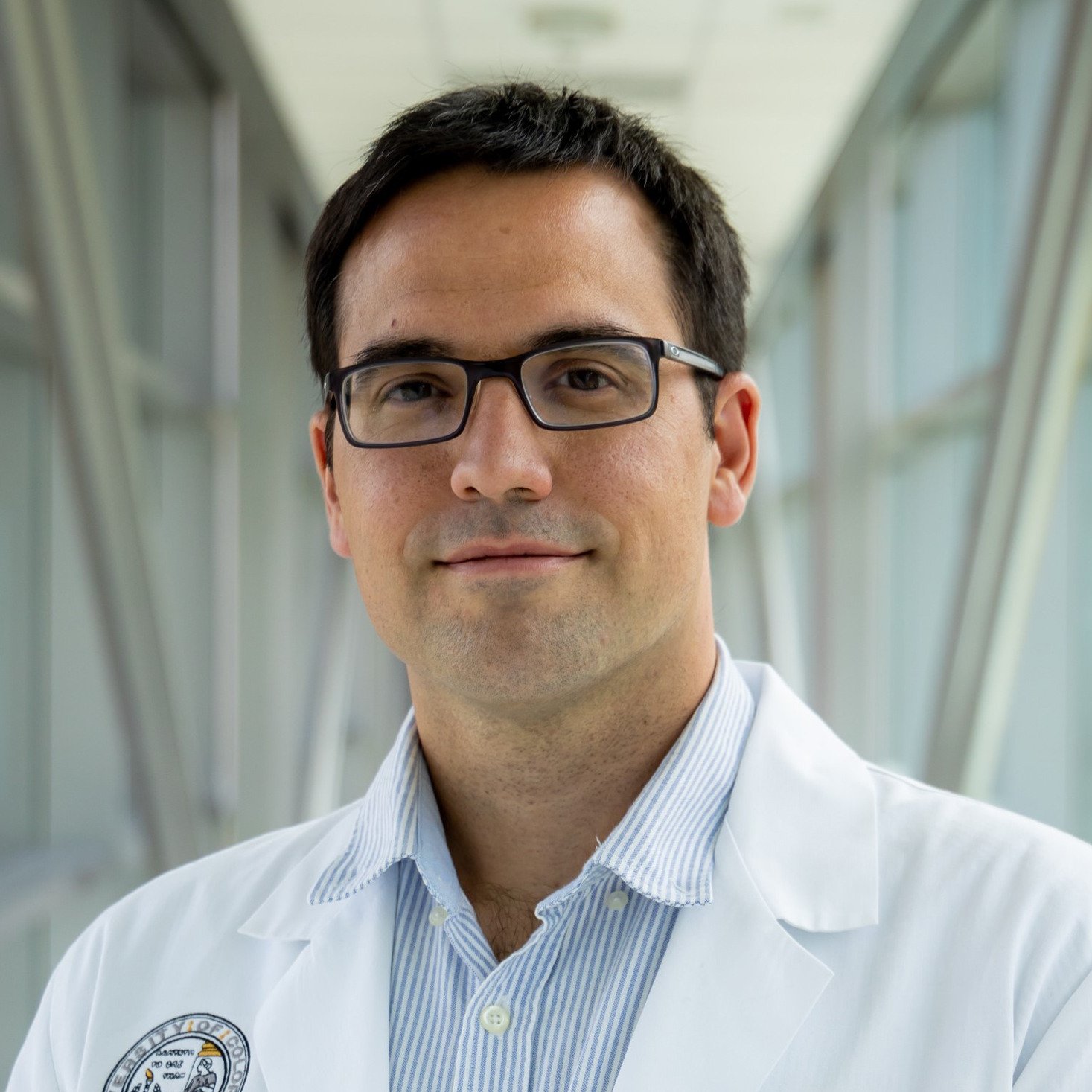Exosomes and Autophagy: Suspicious Partners in Drusen Biogenesis and AMD
Principal Investigator
Mentors
-

Joseph Brzezinski, PhD
Project Goals
The goal of this study is to understand how autophagy and exosome pathways in RPE and retinal cells contribute to drusen formation and AMD progression, and to identify potential biomarkers for AMD.
Project Summary
Age-related macular degeneration (AMD) affects a part of the retina called the macula responsible for clear vision. A damaged macula will lead to central vision loss, significantly affecting quality of life affected by this disease. There is no treatment for dry AMD. The research team seeks to understand how little vesicles, called exosomes, that retinal pigment epithelium (RPE) and retinal cells secrete and contain many cellular bioproducts contribute to drusen formation and the progression of AMD. They will also identify bioactive molecules released in exosomes that could serve as potential biomarkers for AMD.
The goal is to bridge basic research on AMD with clinical application by transforming our understanding of AMD pathophysiology and drusen formation. This involves preclinical validation, investigating interventions targeting autophagy and exosomes, biomarker development, diagnostic tool integration, therapeutic development, and patient stratification for personalized treatments. Through these strategies, we aim to improve AMD diagnosis, treatment, and patient outcomes.
Publications
First published on: August 05, 2024
Last modified on: September 10, 2024
